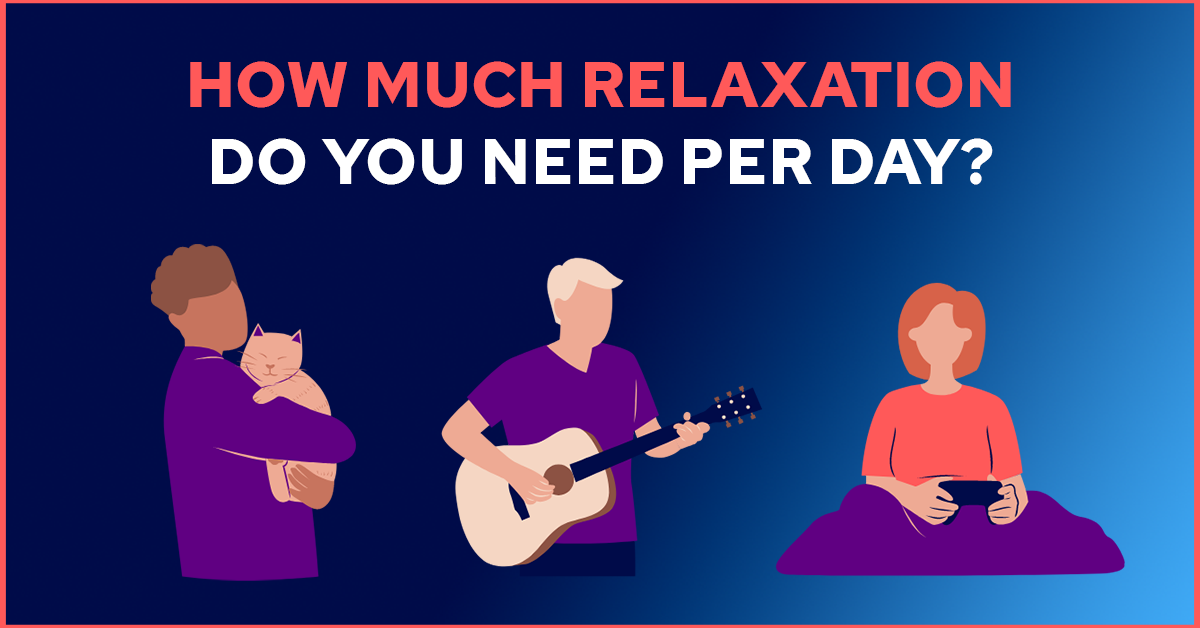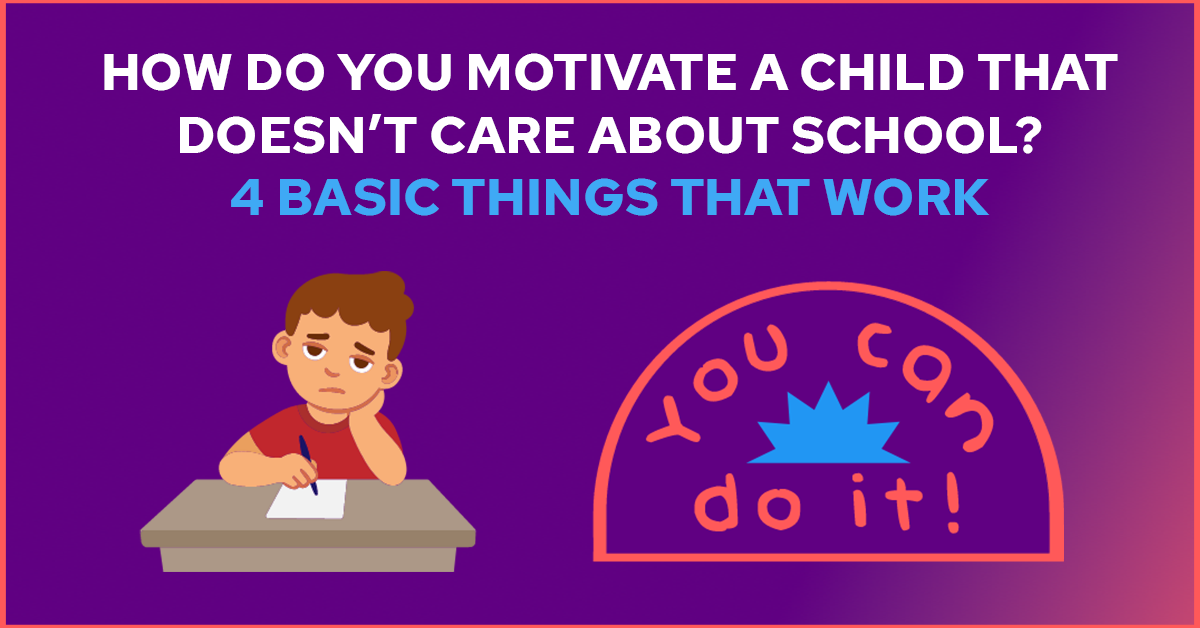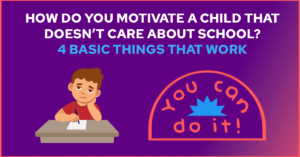How Do You Know If Your Meditation Practice Is Working?

Many people wonder if their time sitting quietly and trying to clear their minds is actually doing anything. Meditation doesn’t come with progress bars or loud achievements like other activities might.
This article will guide you through understanding whether your quiet times are paying off in peace and focus. Keep reading; it gets interesting!
Key Takeaways
- If you notice your focus is better during meditation and in daily life, it means your practice is working.
- Feeling more present and enjoying the moment shows progress in meditation.
- Improved thinking and problem – solving are signs of successful meditation.
- Letting go of judgments and being kinder to yourself indicate growth in your practice.
- Regular meditating helps improve communication and relationships by teaching patience and understanding.
Recognizing Signs of Progress in Meditation

Are you making progress in your meditation practice? Enhanced focus during sessions and increased mindfulness in daily life are signs that your meditation is working. Improved cognitive function is another indicator of the effectiveness of your meditation practice.
Enhanced focus during sessions

Keeping your mind on the task during meditation shows progress. It means less effort to stay centered. This shift signals that your meditation practice is working. With time, distractions diminish, and concentration deepens.
As you meditate regularly, noticing details becomes easier. This heightened focus benefits daily tasks too. You can maintain attention for longer periods, making complex problems simpler to solve.
The calm achieved in meditation spills into other areas of life, improving overall mindfulness and problem-solving skills.
Increased mindfulness in daily life

You’ll start to notice that you’re more aware of the present moment in your everyday life. This means paying attention to small details and enjoying simple things more. You find yourself listening better when people talk to you.
Your mind doesn’t wander off as much. This is a big sign that meditation helps us become less reactive and more patient.
Next, improved cognitive function shows up as clearer thinking and better problem solving. You can focus longer without getting distracted. Tasks that used to seem hard may now feel easier because your concentration is stronger.
Improved cognitive function

As we build more mindfulness in our everyday lives, our brains start to work better too. This means that meditation can make thinking clearer and solving problems easier. It’s like exercise for your brain, making it stronger and more flexible.
Regular meditation practice enhances memory and attention span. You might find learning new things is not as hard as it used to be. Your mind becomes sharper at noticing details, and you’re able to focus on tasks without getting distracted easily.
Meditation turns the brain into a powerful tool that handles tasks with ease and efficiency.
Changes in Attitude and Behavior

Practice meditation regularly to notice changes in your behavior and attitude, leading you to embrace a non-judgmental mindset and improve your communication with others. Meditation aids in increasing your presence in the moment, allowing you to let go of comparisons and cultivate a greater sense of awareness in day-to-day life.
Letting go of judgment and comparison
 Releasing judgment and comparison helps you grow in your meditation journey. You learn to watch thoughts drift by without getting mad at them. This makes understanding your mind easier during quiet times.
Releasing judgment and comparison helps you grow in your meditation journey. You learn to watch thoughts drift by without getting mad at them. This makes understanding your mind easier during quiet times.
It’s all about seeing distractions calmly, so you don’t get thrown off track.
Building this skill boosts your peace of mind and happiness. You notice things that used to bother you don’t anymore. Being kinder to yourself when thoughts wander is key. This kindness towards yourself teaches patience and acceptance, making daily life more enjoyable.
Increased presence in the moment

When meditation is effective, individuals may notice an increased ability to be present in the moment. This can lead to heightened awareness of their surroundings and a deeper connection with their current experiences.
It is also common for meditators to find themselves naturally slipping into a more mindful state throughout the day, regardless of where they are located.
Overall, enhanced presence in the moment signifies progress in meditation and reflects a growing capacity for mindfulness in your normal day-to-day activities and experiences. This shift towards being fully engaged in the present moment allows individuals to experience greater stillness during challenging or stressful times, indicating that their meditation practice is indeed working.
Improved communication and relationships

By becoming more present in the moment, individuals may notice an improvement in their communication and relationships. Active listening and empathy can become more natural as mindfulness practice deepens.
Additionally, reduced reactivity and judgmental attitudes can contribute to more harmonious interactions with others.
Enhanced communication is a benefit of regular meditation practice, which cultivates patience and understanding. As people become better at managing their emotions through mindfulness, they are often able to express themselves in a calmer and clearer manner, leading to improved relationships with those around them.
Regularity and Consistency in Practice

Maintaining a consistent routine for meditation creates a habit that supports progress and growth. When we make meditation a regular part of our daily routine, we are more likely to stick with it and experience its benefits over time.
Consistency is key when it comes to reaping the full rewards of meditation, as it allows us to develop a deeper sense of mindfulness, presence, and self-awareness. By carving out a specific time each day for meditation, we signal to our minds and bodies that this practice is a priority. Additionally, maintaining a consistent routine for meditation can help us to track our progress and growth over time.
By showing up for ourselves each day, we are able to witness the changes and shifts that occur within us as we deepen our practice. By establishing a consistent routine for meditation, we are setting ourselves up for success on our journey towards greater self-discovery, wellness, and self-development.
Prioritizing meditation

Making time for meditation is crucial to experiencing its benefits. Regular practice helps reduce feelings of regret, anger, and anxiety while enhancing overall well-being. Releasing expectations of immediate results when building new habits, like meditation, is encouraged.
It’s important to prioritize meditation for lasting positive effects on mental and emotional health.
Regularly practicing meditation promotes decreased negative emotions and increased mindfulness in daily life. This habit can lead to a more balanced state of mind and a sense of calmness throughout the day.
Embracing uncertainty

Regularly practicing meditation requires embracing uncertainty. Letting go of expectations and accepting whatever arises during your sessions is essential. Remember that progress can manifest in various ways, and acknowledging the unknown is a crucial part of your meditation journey.
Acknowledging unpredictability, understanding that outcomes may differ each time you meditate, and realizing that this fluidity is a vital aspect of the process are key to making successful strides in your meditation practice.
Conclusion

Assessing your meditation practice is essential to realizing progress. Signs like enhanced focus, increased mindfulness, and better cognitive function indicate success. Changes in attitude and behavior such as letting go of judgment and improved communication also demonstrate positive results.
Consistency in prioritizing meditation and embracing uncertainty are pivotal for growth. Remember that releasing expectations and focusing on showing up for the practice, rather than immediate results, is key to a successful meditation journey.
FAQs
1. How do I know if my meditation is working?
You’ll notice signs like feeling more relaxed, becoming aware of your mental and emotional state, and finding it easier to brush off negative or intrusive thoughts. These changes show your meditation practice is successful.
SELF-DEVELOPMENT Pro Tip: Mindfulness Meditation practice can look differently from one individual to another so if you want to know if meditation is working – it’s as simple as seeing small changes within yourself and small changes in how you react or respond to things. Don’t get discouraged if you haven’t noticed big changes yet as a mindfulness meditation beginner, small changes make a huge difference. You’ll start seeing the benefits of meditation and a positive change in your outlook with consistent daily practice – many people start reporting noticeable changes in 8-12 weeks, but some people report noticing positive changes within as little as 1-2 weeks. Your goal of meditation should be to have a heightened sense of well-being so don’t put pressure on yourself to perform and strive for a specific outcome too early in your meditation journey. Like building any other skill, you’ll get better with repetition, time, and commitment. Congratulations on making such a rewarding investment and commitment to your mind, body, and spirit!
2. What are the benefits of doing meditation every day?
Daily meditation helps improve your mood, boosts creativity, and supports physical health by activating the rest and digest system in your body.
3. Can beginners see progress in their meditation practice?
Yes! Even if you just started meditating or find it hard at first, with each day of meditation, you’ll start noticing small improvements like being able to bring your mind back to a calm state more easily.
4. Is there a right type of meditation for everyone?
No single type fits all; from mindfulness to guided meditations or focusing on a mantra, exploring different forms can help you find what best helps you relax and become mindful without judgment.
5. Will I always feel good after meditating?
Not always; people experience ups and downs in their mood even when they’re making progress. Remember that experiencing these fluctuations is part of becoming more aware and shouldn’t discourage you. It’s helpful to not have an expectation of how each specific meditation will go for you as even experienced meditators realize that occasionally they will not perform as well or be able to focus as much in a meditation as they were expecting to. It’s important to recognize how you feel in the moment, be kind to yourself, and remember that meditation is meant for you to JUST BE.
6. How long does it take for meditation to get easier?
It varies for everyone but sticking with a daily practice makes entering a meditative state easier over time as you learn how to manage distractions consciously.












